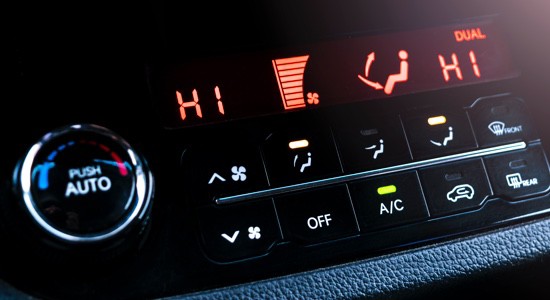 United States (English)
United States (English)
Shopping Cart
Empty Cart
Part No: {{entry.product.code}}
Quantity: {{entry.quantity}}
Total {{cartInfo.totalPriceWithTax.value | currency:"$"}}
Total {{0 | currency:"$"}}
 United States (English)
United States (English)
Part No: {{entry.product.code}}
Quantity: {{entry.quantity}}
Total {{cartInfo.totalPriceWithTax.value | currency:"$"}}
Total {{0 | currency:"$"}}
Asia Pacific
Europe, Middle East, Africa
 România (Română)
România (Română)
 European Union (English)
European Union (English)
 België (Nederlands)
België (Nederlands)
 Belgique (Français)
Belgique (Français)
 France (Français)
France (Français)
 Deutschland (Deutsch)
Deutschland (Deutsch)
 Italia (Italiano)
Italia (Italiano)
 Nederland (Nederlands)
Nederland (Nederlands)
 Polska (polski)
Polska (polski)
 Россия (русский)
Россия (русский)
 South Africa (English)
South Africa (English)
 España (Español)
España (Español)
 Україна (українська)
Україна (українська)
 United Kingdom (English)
United Kingdom (English)
 Česko (Česká republika)
Česko (Česká republika)
 United Arab Emirates (English)
United Arab Emirates (English)
North America

All summer long you count on your vehicle’s air conditioning system to help you stay cool when the temperature rises. There’s nothing quite like escaping the heat and feeling the rush of cold air coming from your car’s A/C system. When your air conditioning isn’t working properly, that road trip you’ve been looking forward to can feel like it will never end.
Being in a hot car is uncomfortable for you and your passengers. To keep everyone from feeling the heat, you need your A/C running with no issues. If you experience any of the following problems, it’s time to make an appointment with your trusted mechanic.
You’ve waited all winter for warm weather, and now that air is heating up, so is the air coming from your car’s air conditioning system. If the air coming from your A/C is not as cool as you remember or is downright warm, it can make for a long ride. Causes can range from a failed seal or hose causing a Freon leak to a damaged compressor, condenser or blower motor. Time is of the essence with this type of problem. Get your vehicle to your mechanic when you start experiencing the symptoms. It could mean the difference between a small and inexpensive repair and a more involved and expensive repair.
You jump in your car, rev up the A/C and everything starts out as it should with a steady stream of cold air. But after a few minutes, the air turns warm. What is going on? There are many different reasons your air conditioning system could be acting this way. One cause could be air and moisture trapped in the A/C system that allows ice to form and block the expansion valve. Other causes could be a blown fuse, faulty compressor clutch or a leak. Your mechanic will be able to track down the source of the problem and get the cool air flowing again.
If you’re greeted by a less than powerful air flow when you turn on your air conditioning, it’s not only annoying but also a sign that something is going on with your cooling system. Culprits can include a loose hose, a worn seal that has opened up leading to diminished airflow, failed ventilation fan or mold that has accumulated in the evaporator core. Take your vehicle to your mechanic for a thorough inspection during which they’ll be able to diagnose and fix your A/C problem.
No one wants their vehicle to smell like a locker-room. A musty, mildew odor coming from your vents can have a couple different causes. First, it can be a sign that your air conditioning system is harboring mold and mildew. The A/C evaporator naturally has moisture collecting on it and that moisture can develop mold. To dry out the evaporator, turn off the A/C and drive with the fan on high for a while. The other cause could be a dirty cabin air filter. Replace your cabin air filter to get the fresh air flowing once again. To learn more about your vehicle’s cabin air filter, check out this article.

Staying on top of the performance of your car’s A/C system will help you know when there is a problem. Follow these tips to keep everything in top condition.
Learn more about quality auto parts, find your car part, or find a local car repair shop today.
The content contained in this article is for entertainment and informational purposes only and should not be used in lieu of seeking professional advice from a certified technician or mechanic. We encourage you to consult with a certified technician or mechanic if you have specific questions or concerns relating to any of the topics covered herein. Under no circumstances will we be liable for any loss or damage caused by your reliance on any content.